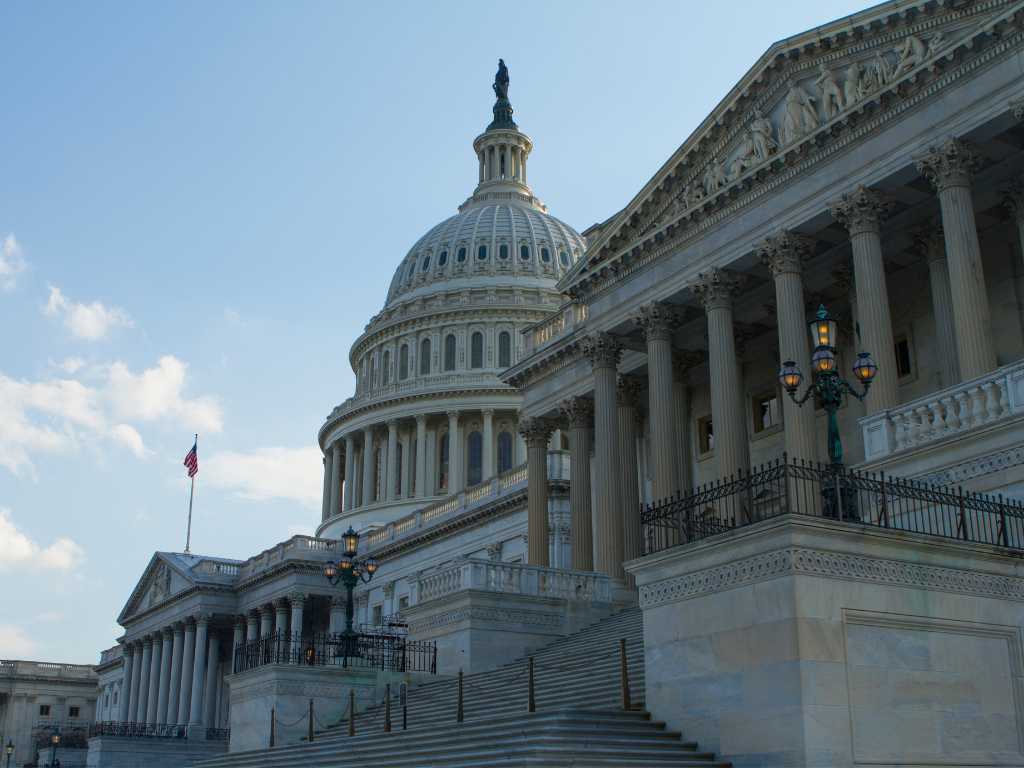Proposal Support: Frequently Asked Questions

Embarking on a journey into the realm of proposal support often raises questions. This FAQ blog aims to provide clear and concise answers to common inquiries, offering valuable insights into the integral role of support in government contracting. What Does Proposal Support Encompass? Proposal support encompasses a range of activities and expertise dedicated to enhancing […]
The Profound Benefits of Proposal Support

In the fiercely competitive landscape of government contracting, the role of proposal support emerges as a key determinant of success. This blog unveils the manifold benefits that organizations can harness by incorporating dedicated proposal support into their bidding strategies. 1. Elevating Competitiveness: Crafting Compelling Narratives Proposal support ensures that your bid rises above the competition. […]
What is Proposal Support?

In the realm of government contracting, the term “support for a proposal” holds a pivotal role in determining success. This blog aims to demystify what constitutes proposal support, its key components, and why it stands as a cornerstone in the journey to securing government contracts. Understanding Proposal Support: At its core, proposal support encompasses a […]
Government Contract Jobs: Frequently Asked Questions

Embarking on a career in government contract jobs comes with various questions. This FAQ blog aims to provide clear and informative answers to common inquiries, offering insights into the nuances of employment within the ever-evolving landscape of government contracts. What Are Government Contract Jobs? Government jobs involve employment within private companies or organizations that secure […]
Benefits of Government Contract Jobs

Government contract jobs offer a unique employment landscape with distinct advantages. This blog delves into the various benefits that individuals can reap when choosing a career within the dynamic realm of government contracts. Stability and Predictability: One of the primary benefits of government contract jobs is the stability they offer. Contracts often come with defined […]
What are Government Contract Jobs?

Government contract jobs form a significant portion of the employment landscape, offering unique opportunities and challenges. This blog aims to provide a comprehensive exploration of what government jobs entail, their characteristics, and the advantages they bring to both employers and employees. Defining Government Contract Jobs: Government jobs refer to positions within private companies or organizations […]
“Race to the Bottom” – Strategic Pricing Strategies for LPTA Procurements

Work in public sector strategic pricing long enough and you will be asked to assist a company win a Lowest Price Technically Acceptable (LPTA) procurement. These procurements present a unique challenge because the primary decision criterion is price, and meeting a defined set of minimum technical standards is secondary. Crafting an effective pricing strategy for […]
FAQ’s: RFIs in Government Contracting

Navigating the world of RFIs in Government Contracting can raise numerous questions. This FAQ blog aims to provide direct answers to common queries, offering insights into the purpose, process, and significance of RFIs in the complex landscape of government procurement. What is the Purpose of an RFI in Government Contracting? The purpose of an RFI […]
Benefits of an RFI in Government Contracting

An RFI in government contracting is more than a preliminary step in government contracting; it’s a strategic tool that holds numerous benefits for both government agencies and vendors. This blog delves into the advantages that RFIs bring to the complex landscape of government procurement. Fostering Transparency: An RFI in government contracting foster transparency by providing […]
What is an RFI in Government Contracting?

An RFI, or Request for Information, is a formal communication tool used by government agencies to gather information and insights from potential vendors or contractors before initiating a formal procurement process. It serves as a preliminary step, allowing agencies to explore market capabilities, understand industry trends, and make informed decisions when shaping their procurement strategy. […]
